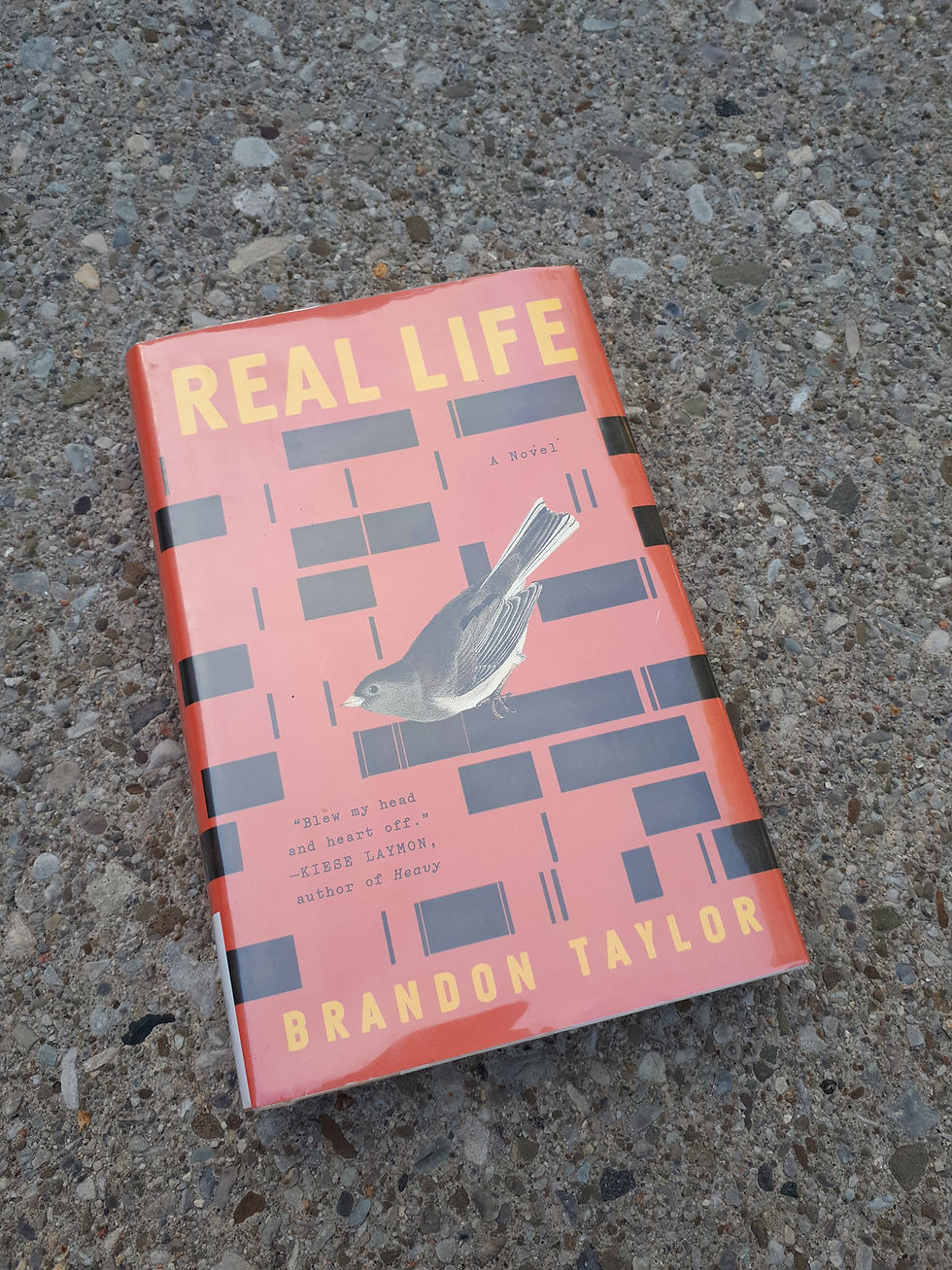Land Acknowledgements and Why They Matter
- Lindsay Core

- Apr 19, 2021
- 2 min read
Updated: Sep 27, 2021
As part of our commitment to reconciliation, TT4C begins every meeting with a land acknowledgement.
As a person of settler ancestry, I have often had the honour of acknowledging the land. I have also been fortunate to have heard many people share their acknowledgements of the land. The acknowledgements that are the most powerful to me are those that not only recognize the land, nations, treaties, and ancestors on whose land we live, learn, work, and play - but when the person speaking connects their recognition to a personal story or example of what it means for them to think about the history of this land.
When I was training to be a KAIROS Blanket Exercise Facilitator with the guidance of Dawn Maracle, she shared the importance of land acknowledgements being done at the beginning of a gathering as a way for the group who has invited us to enter into a relationship with the facilitators in a good way. My favourite land acknowledgments are those written by students when we are visiting a school. It is evident when someone has googled the local land acknowledgment and recited it, versus when a teacher has thoughtfully lead their class in creating an acknowledgement that is specific to their understanding of, and connection to the land and history of place.
From my experience, there are no right or wrong ways to speak a land acknowledgement as long as you speak from the heart. A land acknowledgement should be shared by a person who is a settler, immigrant, or refugee and who arrived here recently or ancestrally. Sometimes when I am co-facilitating a KAIROS Blanket Exercise we are asked why the facilitators cannot do the land acknowledgement. There are two main reasons. First, exploring, researching, and speaking a land acknowledgement helps people to learn and understand. Second, land acknowledgments have been adopted as an act of reconciliation by settlers, and should be voiced by a newcomer because Indigenous people typically honour the land and their ancestors in other ways, and not through a land acknowledgement.
There is a new video about land acknowledgement that was created through a collaboration between the University of Guelph and local Indigenous artists and educators. It is beautiful. Beautiful. I recommend taking five minutes to sit quietly and watch and listen to the teachings being offered.





Comments